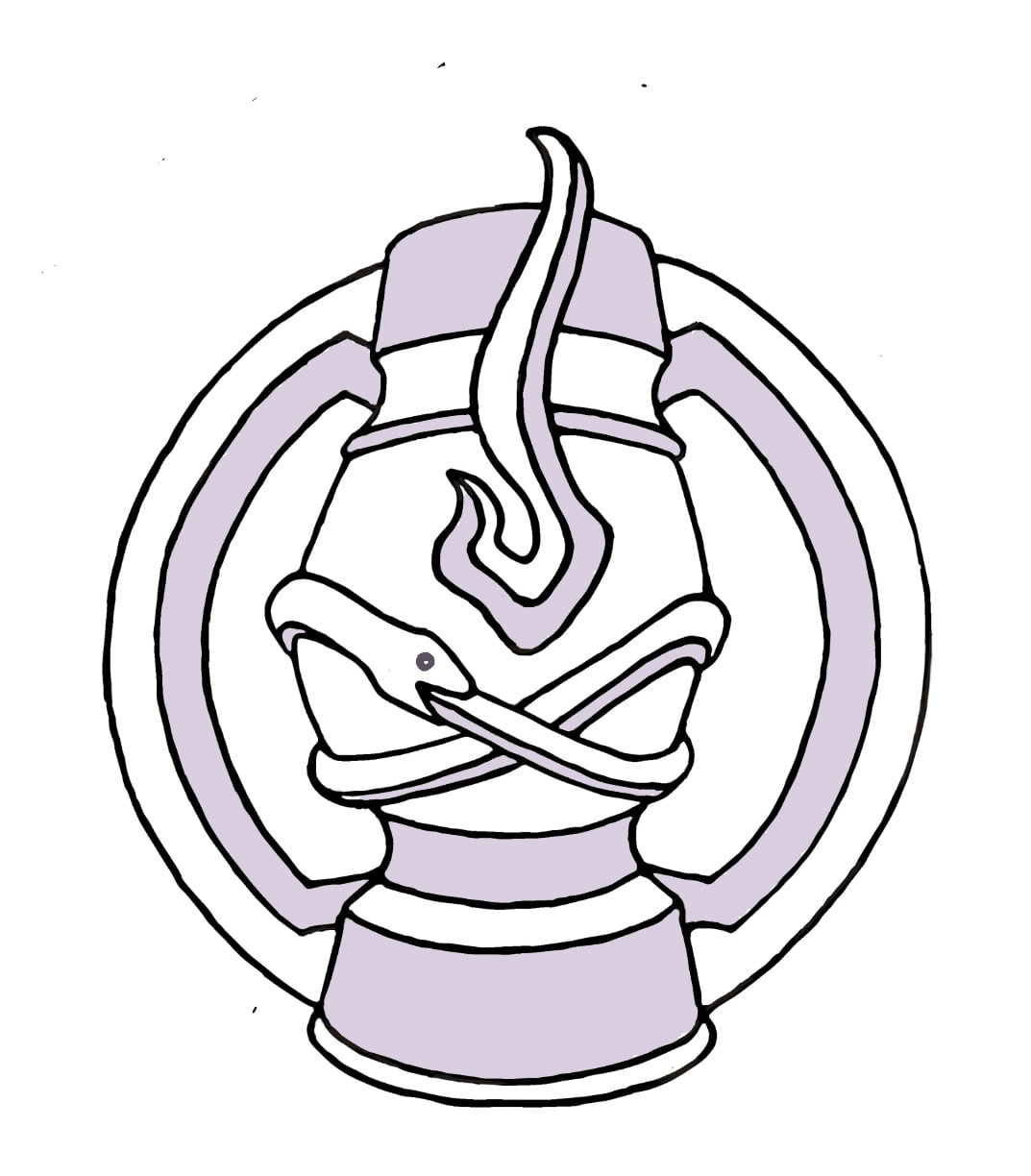An apophatic shape.
- Derrida’s’ “always already hidden” trace
- Platonism’s “one” (that is not) both veiled and revealed by existence
- Concepts both veiled and revealed by metaphor (personal collision of thoughts, also referenced in Meditations on the Tarot)
- Jung’s “shadow”
- Russel’s paradox
- Negative Capability
- Stephen Harrod Buhner on writing as thinking the unthinkable
- [[ Myth of Disenchantment ]] power and centrality of the paradoxical space where two metaphor systems meet
- 2020 Hedge Notes
- “There is a void, and that is Christ.” - [[ Conner Habib ]]
- idea of philosophy as asking what isn’t being asked
- idea of writing as thinking the unthinkable (Ensouling Language)
- idea of witchcraft as a persistent cultural shadow (idea of occult as never central in Meditations on the Tarot, occult as anti-structural from Weird Studies Podcast podcast)
- Krishna as the dark magnetism at the center of the Cosmos, The Emerald podcast, Shape of Stories episode
- Apollon of the cliffs, as discussed by Kaye Boesm
- idea of not being able to look directly at the sun entailed (I believe) in the concept of sun as a central metaphor in Platonism. Black sun, midnight sun, alternate sun from within
- Black Star, by David Bowie
- “God manifested himself to me as the infinite void” - Philip K. Dick, Exegesis
- Nuit?
- The headless/bornless rite (association based on Hebrew word for head being the same as beginning) calling on Akephalos in GMP, altered as rite to call HGA in Thelema. Is angel intended to replace the head in some way?
- All communication is lies (Umberto Eco, Trickster Makes the World)
One of the super compelling things about Platonism for me is a pretty intense apophatic current. There’s a central metaphor about the sun (this may end up in my paper) which can be understood just as an obvious kind of central source of life but also, I think importantly, as a thing you can’t really look at. This is a metaphorical shape that’s pretty much defined by how weirdly difficult it is to perceive and discuss, and there are lots of concepts with roughly similar outlines — concepts around the way that whatever edges (or centers) of reality don’t quite fit into descriptive metaphors can’t quite be “looked at” conceptually (except for sort of out of the corner of your eye). That’s a lot of super imprecise language, but it’s something I’ve been intensely mulling over on a shape thought level.
“I think there is a general misconception that you write poems because you “have something to say.” I think, actually, that you write poems because you have something echoing around in the bone-dome of your skull that you cannot say. Poetry allows us to hold many related tangential notions in very close orbit around each other at the same time. The “unsayable” thing at the center of the poem becomes visible to the poet and reader in the same way that dark matter becomes visible to the astrophysicist. You can’t see it, but by measure of its effect on the visible, it can become so precise a silhouette you can almost know it.” -Rebecca Lindenberg
“I love white space, love the telling omission…and find oddly depressing that which seems to have left out nothing.” -Louise Gluck
“All earthly experience is partial. Not simply because it is subjective, but be ause that which we do not know, of the universe, of mortality, is so much more vast than that which we do know. What is unfinished or has been destroyed participates in these mysteries. The problem is to make a whole that does not forfeit this power” -Louise Gluck
